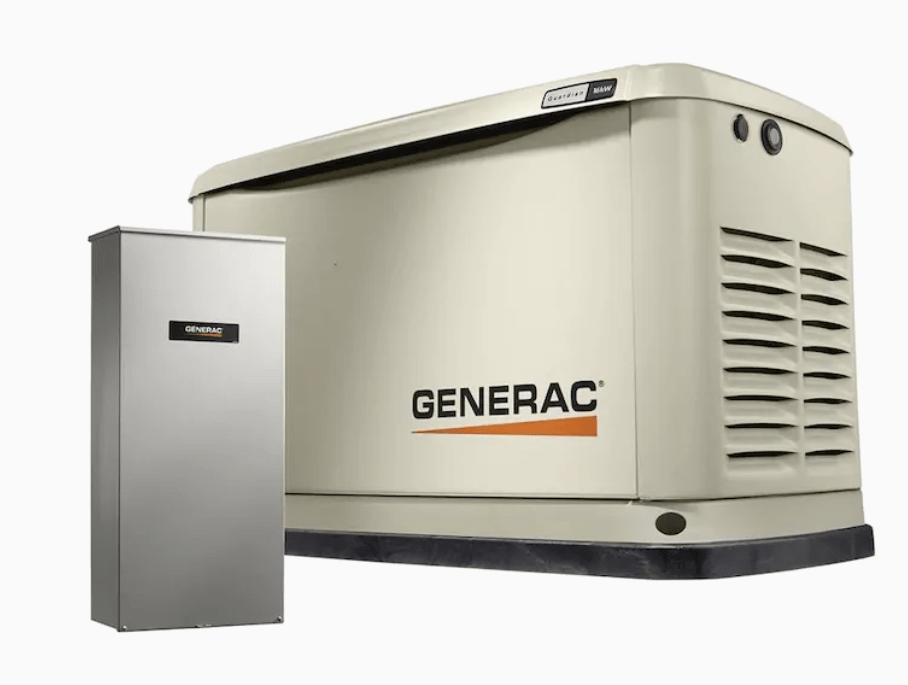
With Florida’s hurricane in full swing, see hurricane updates here, now is the time to equip your home with a full home generator in case of a power outage. Power outages bring a full array of problems from spoiled food to lose of air conditioning in the Florida heat. “Buy the smallest generator that will meet your power needs,” advises Consumer Reports test engineer Dave Trezza. “That will minimize the amount of fuel you need to keep on hand to run it.” But how do you know what size you need?
Since Florida residents experience frequent and sometimes prolonged power outages a home stand by, a portable, or a large inverter is recommended. These three types all have enough power to keep your entire household powered, and they can connect directly to your home’s circuit breaker panel. This allows you to control and run appliances that are hardwired, such as hot water heater, air conditioning, kitchen appliances, and more If you have any of these and it’s essential for them to work in a power outage, be sure to have a transfer switch installed at your breaker box. A Basic Electric electrician are skilled in this area and able to handle the job.
Electric generators direct has a nice worksheet to determine the correct size for your home, click here to use their guide.
If you only need a portable generator watch this video from buying guide from Consumer Reports
Consumer Reports only recommends portable generators with a built-in sensor that triggers an automatic shutoff if CO builds up to dangerous levels in an enclosed space.With any generator, it’s extremely important to follow our longstanding advice of always operating a generator a minimum of 20 feet from your home with the exhaust directed away from your it, as well as any windows, doors, AC units, or other structures.

